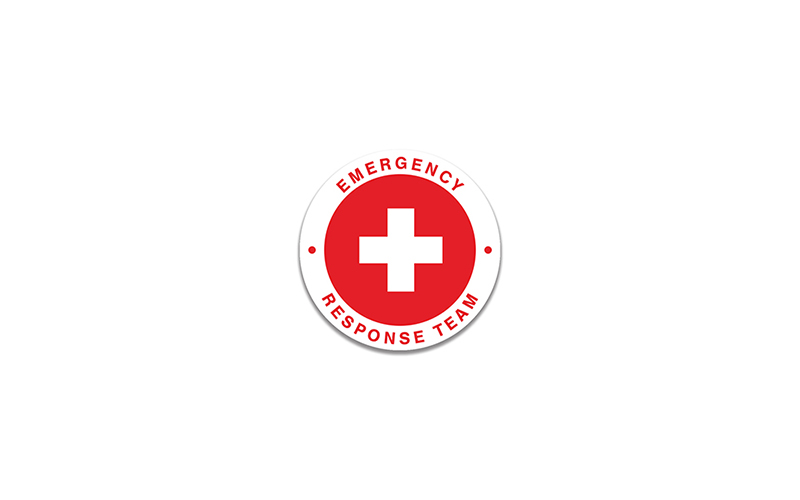+234 912 443 7374

In times of water-related crises, immediate and efficient response is crucial to saving lives and mitigating the impact on affected communities. Non-Governmental Organizations (NGOs) play a vital role in emergency relief efforts, and one such organization, RUWAF (Rural Water Access Foundation), stands at the forefront of providing rapid emergency response during water-related crises. RUWAF utilizes its expertise, resources, and dedicated teams to deliver life-saving assistance and bring hope to communities facing urgent water challenges.
Water-related crises, such as floods, droughts, and contamination incidents, can have devastating consequences for communities. Access to safe drinking water becomes compromised, sanitation systems collapse, and the risk of waterborne diseases escalates rapidly. In these dire circumstances, RUWAF’s immediate intervention and effective emergency response are paramount to saving lives and restoring stability.
RUWAF is an NGO committed to providing rapid emergency response in water-related crises globally. With a highly trained and dedicated team of water and sanitation experts, logistics personnel, and volunteers, RUWAF is capable of mobilizing quickly to affected regions, delivering life-saving assistance in a timely manner.
RUWAF's effectiveness lies in its emphasis on emergency preparedness and planning. The organization maintains pre-positioned supplies, including water purification equipment, emergency sanitation facilities, and hygiene kits, strategically located to facilitate rapid deployment during crises. By conducting risk assessments and scenario planning, RUWAF ensures a proactive approach that enables swift action and response when emergencies strike.
RUWAF sets up water purification units, installs water distribution points, and facilitates safe water access to affected communities. This ensures access to clean drinking water, mitigating the risk of waterborne diseases.
Recognizing the critical need for proper sanitation, RUWAF constructs emergency latrines, handwashing stations, and hygiene facilities. These measures help maintain hygiene practices, reducing the spread of diseases and promoting public health.
RUWAF conducts hygiene awareness campaigns, educating communities on proper hygiene practices, water treatment, and sanitation techniques. By empowering individuals with knowledge, they can make informed choices that safeguard their health and well-being.
The organization's water and sanitation experts assess the situation on the ground, identifying infrastructure needs, and implementing appropriate solutions. This includes rehabilitating water sources, repairing damaged infrastructure, and ensuring sustainable access to clean water beyond the immediate crisis.
RUWAF recognizes the importance of collaboration and coordination in emergency response. The organization works closely with local authorities, partner organizations, and other stakeholders to ensure a well-coordinated and effective response. By leveraging local knowledge and expertise, RUWAF maximizes its impact and avoids duplication of efforts, providing comprehensive assistance where it is needed most.
RUWAF's work extends beyond immediate emergency response. The organization integrates long-term resilience-building measures into interventions, promoting community-led initiatives, and enhancing local capacities for future water-related challenges. By empowering communities to manage and respond to crises independently, RUWAF fosters sustainable change and resilience.
In water-related crises, the timely and effective response provided by RUWAF and other NGOs is paramount to saving lives, restoring stability, and fostering resilience within affected communities. Through our rapid emergency response, RUWAF delivers life-saving assistance, ensures access to safe water and sanitation, promotes hygiene practices, and builds sustainable and safe systems for the affected communities.